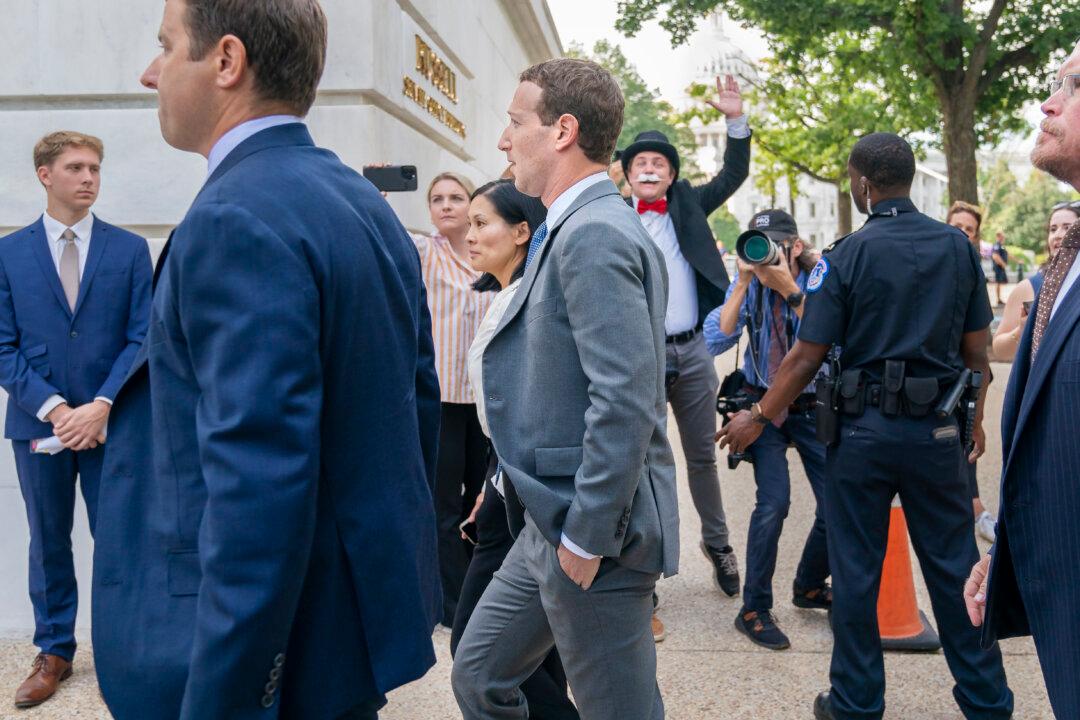Some social media users, many of whom were de-platformed or had posts removed by social media platforms, say that Meta CEO Mark Zuckerberg’s announcement that the platform intended to permit a greater degree of free expression is more than just a change in policy—it represents a complete reversal from the company’s actions over the past decade.
Meta is the parent company of Facebook and Instagram. According to Zuckerberg’s statement on Jan. 7, Meta platforms have been under government pressure to censor content since 2016, and have often complied—until now.





